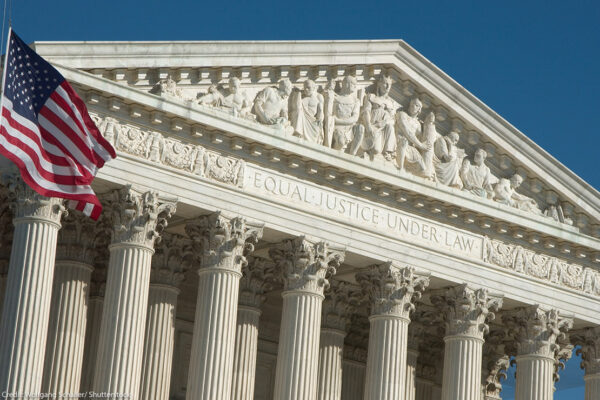PORTLAND – The ACLU of Maine applauds Portland City Council for denying a proposed order that would have warehoused unsheltered people on the outskirts of the city, while giving officials an excuse to conduct dangerous sweeps that threaten constitutional rights.
The city manager's proposal to force people in need of shelter to the outskirts of the city would have added bunk beds to existing shelters without increasing space or critical infrastructure, such as bathrooms and showers. It would have only minimally increased funding for staffing and transportation to shelters at the edge of the city. This would have artificially inflated the number of "open" shelter beds, giving the city and police another excuse to conduct dangerous sweeps as they pretend reasonable alternatives to camping are available.
The failed proposal would have relied on the use of emergency powers to supersede other city rules and laws to minimally invest in a crisis that has been years in the making. It would have supported laws and policies that would have further punished and criminalized unhoused residents for engaging in life-sustaining activities.
The Portland Press Herald recently found that city officials are seizing and destroying people’s property when police conduct sweeps to enforce anti-camping ordinances. This directly contradicts city policy stating belongings will be stored for retrieval. The government is risking the destruction of life-saving property, including tents, medications, legal documents, and IDs.
The following statement can be attributed to ACLU of Maine Legal Fellow Heather Zimmerman:
“The ACLU of Maine appreciates that councilors see the urgent need for more shelter space, but the proposal before Council was not the solution. In the immediate term, Portland must stop encampment sweeps and stop criminalizing people’s very existence simply because they cannot afford shelter – especially in the midst of a housing crisis. City officials should now dig into the underlying causes of unsheltered homelessness to remove barriers to shelter for those who want it, as well as address the root causes of homelessness: a lack of access to affordable housing, jobs, health care, and education. Increasing shelter space is only meaningful if it is done in conjunction with reducing barriers and addressing the root causes.”
Stay Informed
Sign up to be the first to hear about how to take action.
By completing this form, I agree to receive occasional emails per the terms of the ACLU’s privacy statement.
By completing this form, I agree to receive occasional emails per the terms of the ACLU’s privacy statement.


